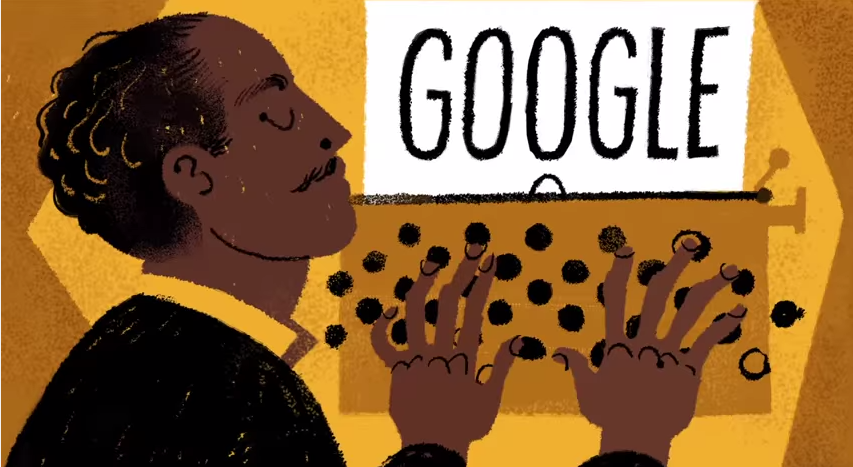Illustration by Katy Wu
Yesterday marked the 150th anniversary of the passage of the Thirteenth Amendment.
The passage of the Thirteenth Amendment and the work of abolitionists has long been seen as a model for social reform. Writing an op-ed for the New York Times, Jon Grinspan, author of a forthcoming book on young people in 19th century politics, argues that the abolitionists actually failed, and it was the Civil War which convinced moderates to support the Amendment.
From the op-ed:
In a deeply racist society, where most white Americans, South and North, valued sectional unity above equal rights, “abolitionist” was usually a dirty word. One man who campaigned for Abraham Lincoln in 1860 complained: “I have been denounced as impudent, foppish, immature, and worse than all, an Abolitionist.”
While we remember the war as a struggle for freedom, at its outset neither Lincoln nor the Republican Party planned to ban slavery. To calm talk of secession, Congress passed a never-ratified, now-forgotten 13th Amendment promising that no amendment could ever end slavery. Lincoln backed it. Going into the conflict, Congress offered to abolish abolitionism, not slavery.
The Associated Press covered a call for integration issued by Southern Baptists. Rev. Russell Moore, leader of the Southern Baptist’s Ethics and Religious Liberty Commission, spoke of Christian unity in his statements.
From the article:
“In the church, a black Christian and a white Christian are brothers and sisters,” Moore wrote recently. “We care what happens to the other, because when one part of the Body hurts, the whole Body hurts. … When we know one another as brothers and sisters, we will start to stand up and speak up for one another.”
Historically, the Southern Baptist Convention formed over a division with other Baptists concerning the ordination of slaveholders. Invoking this history, and the current state of the church, Rev. Dwight McKissic, a Baptist pastor in Arlington Texas, called for more concrete efforts.
From the article:
“The church lacks the moral authority to address the world about race before we set our own house in order,” said the Rev. Dwight McKissic, a black Southern Baptist pastor in Arlington, Texas.
While he praised recent statements by SBC leaders, he also noted that the denomination continues to employ all whites as top executives and seminary presidents.
“It’s obvious the rhetoric and reality is not matching,” he said.
Yesterday was also the commemoration of celebrated poet Langston Hughes’ birthday. Google commemorated it with a short animated piece, created by illustrator Katy Wu.
Did your church discuss any of these issues yesterday? Do you have any thoughts on integration in churches, or more comprehensive reforms?
Posted by David Streever

